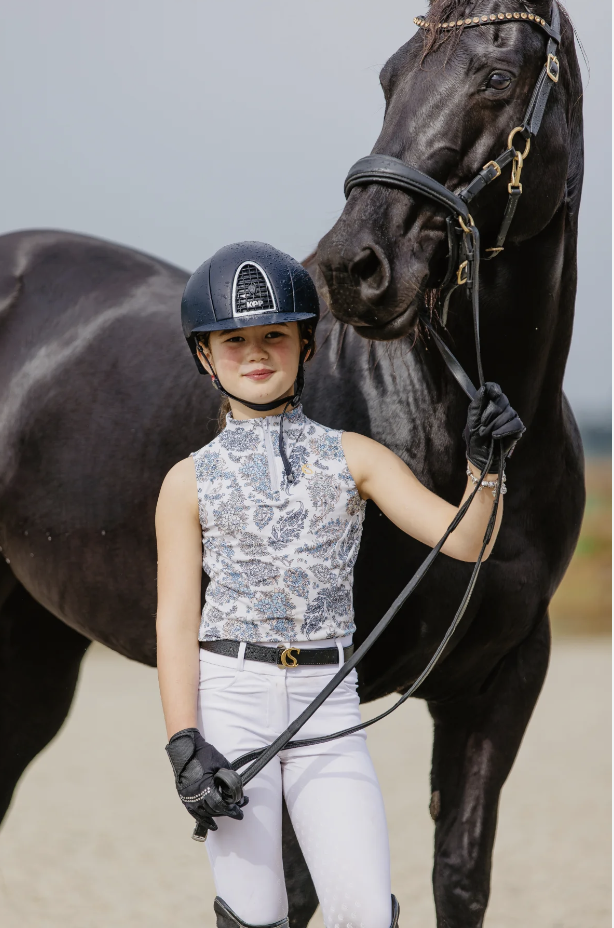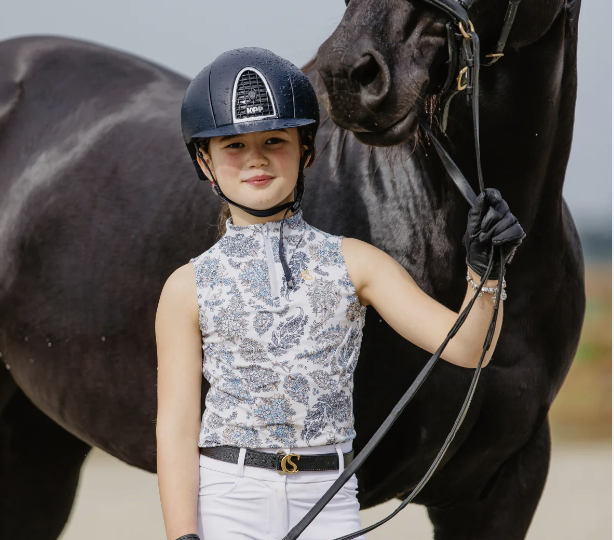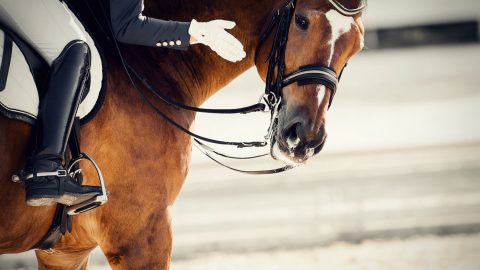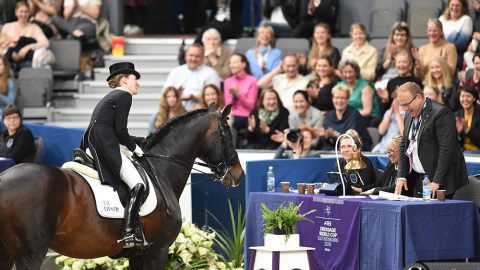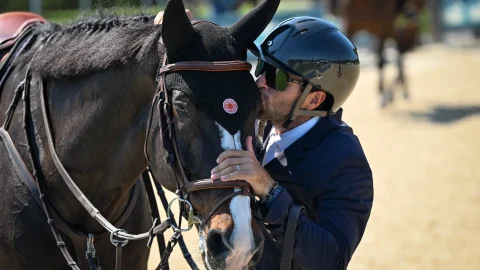In a world where children grow up surrounded by screens, noise, and constant distractions, finding an activity that teaches focus, respect, and emotional balance is becoming rare. Horseback riding is one of the few disciplines that combines sport, education, and empathy in such a profound and transformative way.
Those of us who live surrounded by horses know that they are far more than animals — they are teachers, mirrors of our emotions, and sometimes even healers. The relationship between a child and a horse can shape character in ways that few other experiences can.
Here are five deep reasons why every parent should consider giving their son or daughter the gift of riding horses:
1. It Builds Confidence and Inner Strength
Every child, no matter how shy or outgoing, experiences a moment of pure pride the first time they make a horse walk, trot, or jump successfully. The bond with such a powerful creature creates a sense of confidence that no classroom can teach.
Riding teaches that progress comes through perseverance. You can’t rush a horse — and you can’t fake trust. Children learn to manage their emotions, to stay calm even when their partner doesn’t respond as expected. And when success comes, it’s theirs — earned through effort, patience, and courage.
A child who learns to ride doesn’t just grow stronger in the saddle — they grow stronger inside.
2. It Develops Balance, Coordination, and Mental Focus
Horseback riding is one of the few sports that uses the whole body and the whole mind. Legs, hands, and seat must coordinate in perfect harmony, while the rider remains mentally alert and emotionally centered.
Children learn to feel — to sense subtle changes in rhythm, balance, or the horse’s mood. These physical and cognitive skills improve posture, coordination, and even concentration, helping them in school and other areas of life.
Moreover, when they ride outdoors, in an open field or forest, they experience something increasingly rare in childhood: the quiet concentration of being fully present in the moment.
3. It Teaches Empathy and Respect
A horse doesn’t understand words, but it understands tone, intention, and emotion. Children who ride quickly discover that to earn a horse’s trust, they must be gentle, patient, and clear.
They learn that shouting or forcing doesn’t work — empathy does. Through the horse, they understand that every living being deserves respect and that real leadership comes from listening, not dominating.
In a society often driven by competition and ego, this is perhaps the most valuable lesson of all: how to lead with kindness.
4. It Connects Them to Nature and Responsibility
In the stable, children discover a rhythm very different from the one offered by screens and video games. Caring for a horse means waking up early, cleaning the stall, brushing the coat, and ensuring the animal is fed and happy.
This daily routine develops a deep sense of responsibility and a respect for routine and effort. The stable becomes a second home — a place where they learn the value of care, patience, and hard work.
And beyond the stable doors, horses take them outdoors — to feel the wind, the sun, and the earth under hoofbeats. They learn that true freedom doesn’t come from speed, but from harmony with nature.
5. It Shapes Character and Life Skills
Dressage riders often say that the horse reveals who you are. And it’s true: the saddle doesn’t lie. It shows whether you are patient, consistent, confident, or impulsive.
Children who ride learn resilience — to fall, get up, and try again. They experience humility, because no matter how talented they are, the horse always has something new to teach. They learn teamwork, because success depends on partnership, not domination.
These lessons go far beyond sport. They are life lessons — about effort, failure, respect, and the quiet satisfaction of growth.
The Horse as a Silent Mentor
For many young riders, the horse becomes a silent friend — one that listens without judgment and accepts them as they are. This emotional connection can be incredibly healing, especially for children who struggle with self-confidence or anxiety.
Studies have shown that equestrian activities improve emotional regulation, empathy, and even academic performance. But beyond the science, there is something deeper and more beautiful: the simple joy of a child who feels seen and understood by a horse.
At Gallery Horse, we believe that the greatest champions are not always those who win medals, but those who learn the values that horses teach: patience, discipline, empathy, and respect.
Encouraging your child to ride is not just giving them a hobby — it’s giving them a compass for life.
